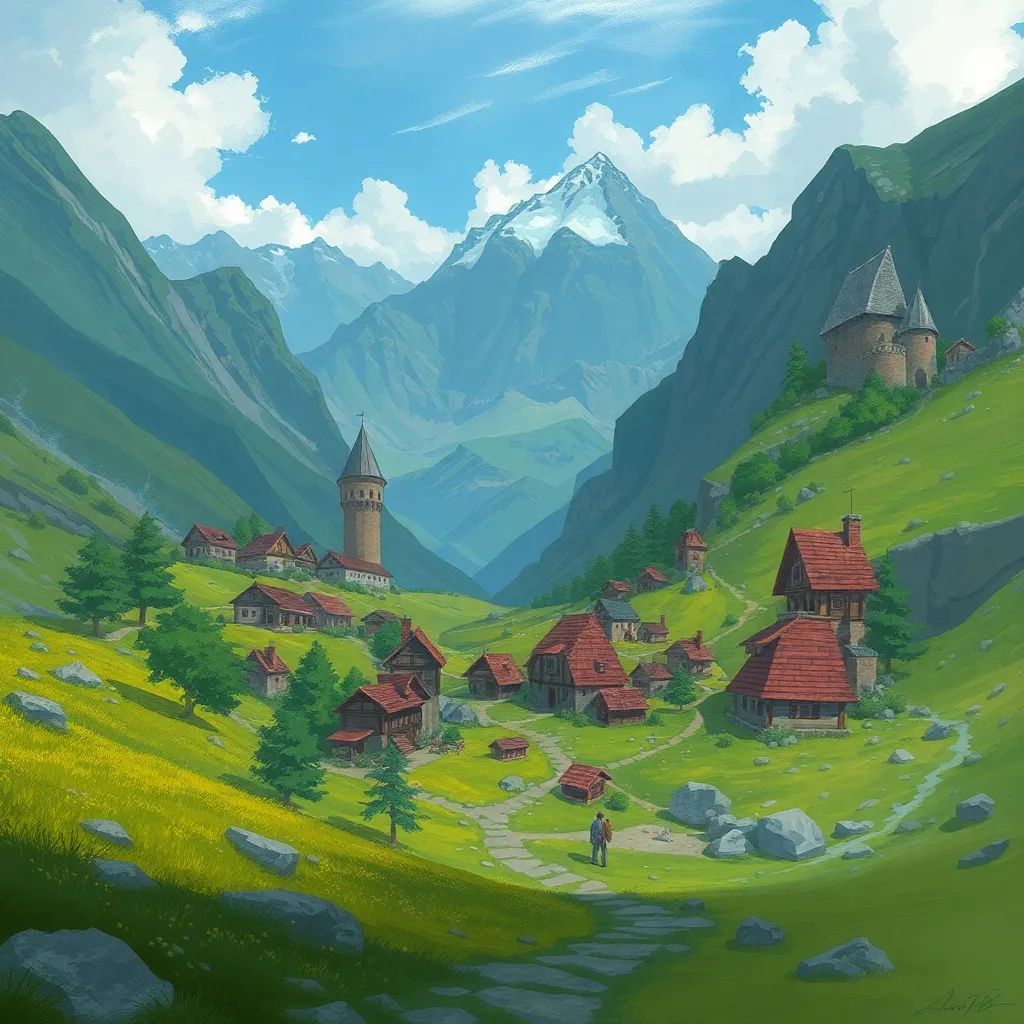
Random Village Name Generator
Generate creative and unique names for your fictional villages.
Random Village Name Generator
What is the Random Village Name Generator?
The Random Village Name Generator is a tool designed to provide you with creative and imaginative names for villages in your stories, games, or world-building projects. It draws upon linguistic patterns, historical influences, and geographical cues to generate a wide variety of village names.
Variety of Styles
Generates village names in a variety of styles, from classic medieval to fantastical and unique.
Inspiration for Creators
Provides writers, game developers, and world-builders with inspiration for their fictional settlements.
Quick and Easy Naming
Simplifies the naming process, saving you time and effort in creating compelling settings for your projects.
Customizable Generation
Offers options to tailor the generated names based on your specific needs (e.g., theme or region).
How to Use the Random Village Name Generator
Follow these simple steps to generate your village names:
Select Your Preferences (Optional)
Optionally, specify any preferences such as a particular theme (e.g., elven, dwarven, medieval) or a geographical style.
Click the 'Generate' Button
Click the button to trigger the generation process.
Review the Generated Names
A list of randomly generated village names will appear.
Choose Your Favorite
Select the village name that best suits your project or story.
Unleash Your Creativity: A Random Village Name Generator and Its Lore
Stuck brainstorming names for your novel, game, or worldbuilding project? Our Random Village Name Generator is here to alleviate your creative blockage! This generator swiftly produces unique and evocative village names, drawing inspiration from various linguistic roots and historical patterns. Let’s explore how this tool works and delve into the fascinating stories behind some of the types of names it generates.
This generator breathes life or names your village by:
- Inspiring Creativity: Provides a starting point when imagination runs dry.
- Saving Time: Generates names instantly, freeing you to focus on other aspects of your project.
- Offering Variety: Produces names suited for different genres and setting – from fantasy to historical fiction.
- Fueling Backstories: Ignites the spark for devising compelling village histories and cultures.
The aim of generator is a source of quick and easy content to continue world writing or other text creations while saving on original name generation.
Iconic Village Names: Origins and Background Tales
| Village Name Style | Inspired By/Typical Lore | Example Generated Name | Potential Background Story/Origin |
|---|---|---|---|
| Germanic Root | Old High German words relating to settlement, nature, or families. Might include elements from medieval trade. | Aldenwald | Founded by a family named “Alden,” situated near a significant forest (“Wald”). Perhaps it grew due to a lumber trade route or a strategic defensive location. |
| Celtic Origin | Uses Celtic word roots linked to hills (dun), water(aber), fields (achadh). Emphasizes nature. | Aberdawn | Located at the mouth (Aber-) of a shimmering river, famous for its misty dawns. Might hold some forgotten tribal or mythical tales. |
| Slavic Inflected Noun | Common Slavic endings which are location based | Gryzinov | Village located in the Gryzi region or founded. In its long distant past it was a location well-known or the animals native to the lands or the terrain in the particular region. |
| Fictional “Fantasy” | Blends phonetic sounds and word fragments to create purely invented names suiting a fictional universe. | Eldoria | The origin of the location is linked to magical energy. Elves/dwarfs are native inhabitant and they call it the eldo-land of radiance. It may also be called as an old territory in some forgotten history |
| Old English / Anglo-Saxon | A combination typically tied by -ton/Hampton, and or other combinations of elements | Willmington | Located on the land/ farm of William. This area had great farming to support his entire family and has continued over generations |
By understanding the inspirations and potential backstories behind these names, you can enrich your worldbuilding and weave captivating narratives around your generated village names. From simple settlements to the seeds for epics, the generated village name offers a launchpad for rich character, stories, and world development!
Relation Tools
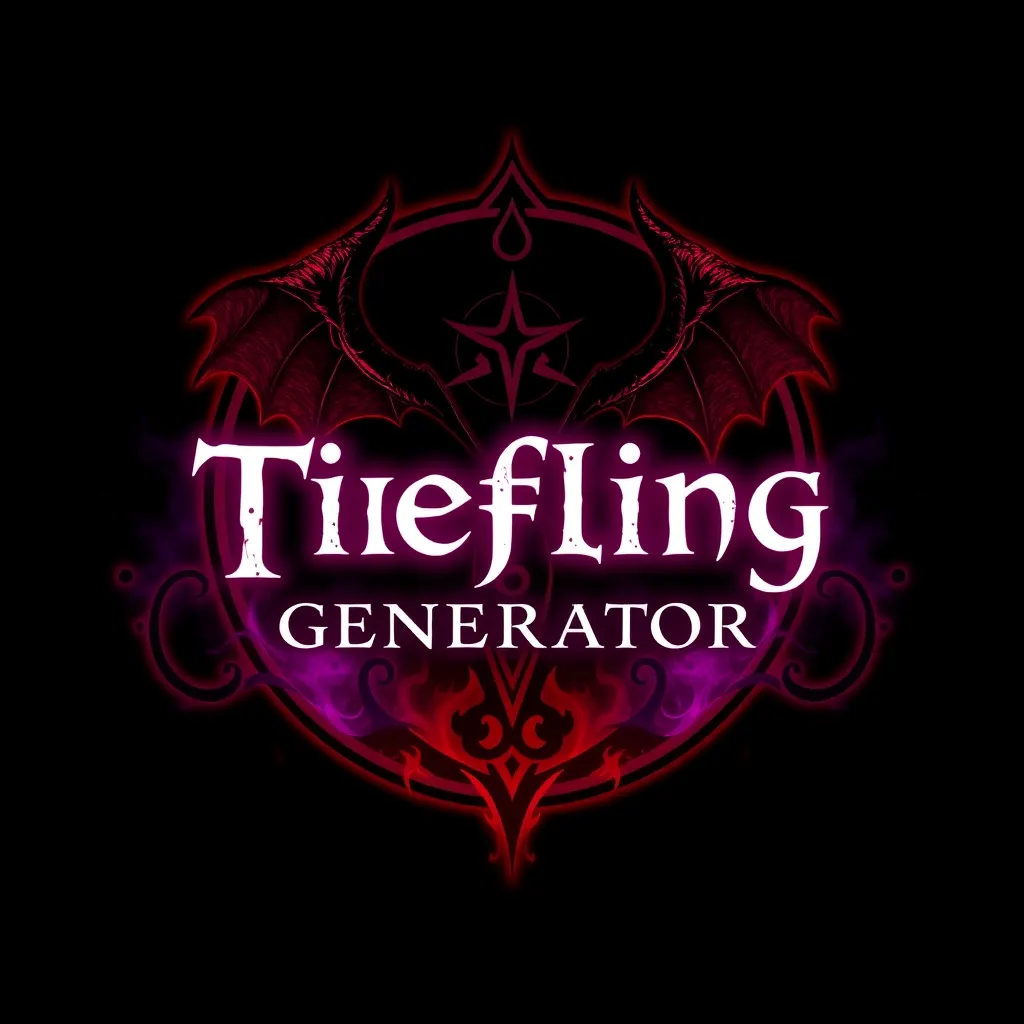
Tiefling Name Generator
Forge dark, mystical Tiefling names steeped in infernal lore — perfect for your next Dungeons & Dragons character.
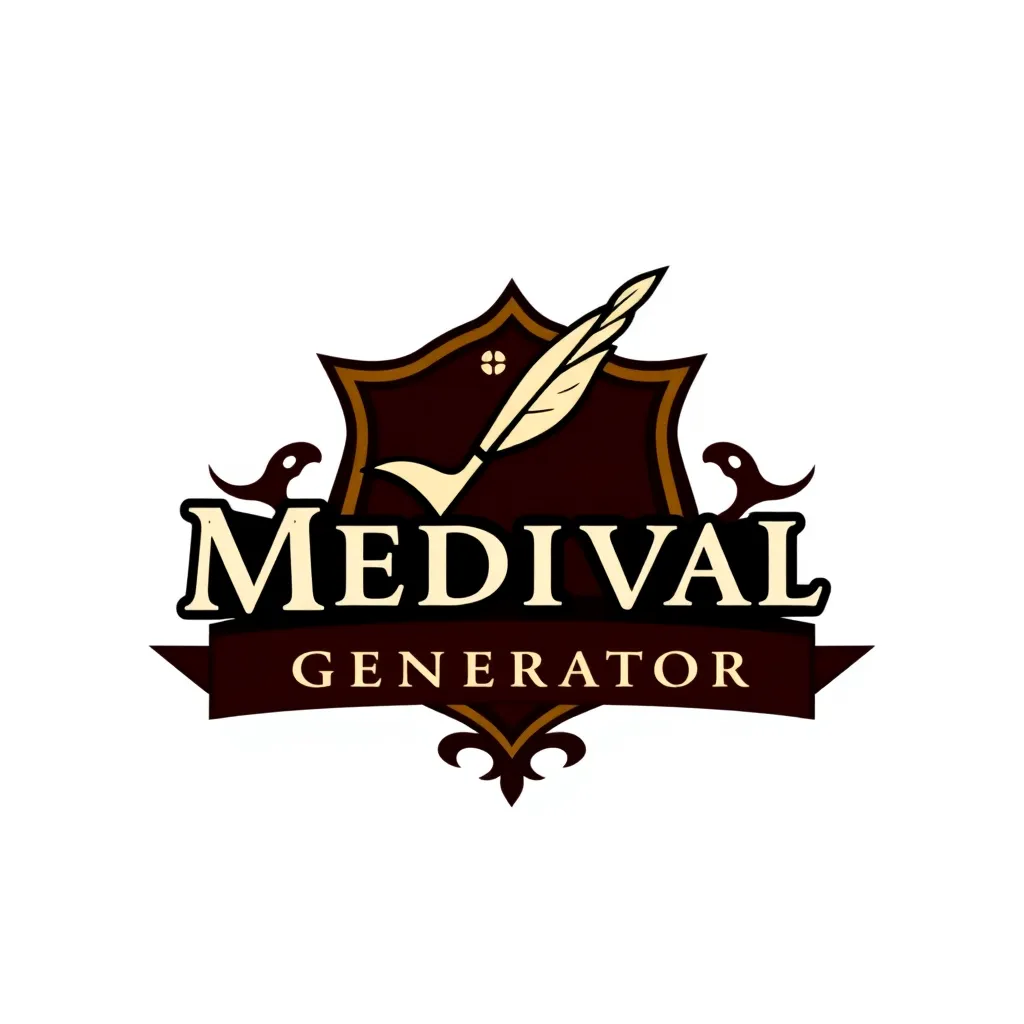
Medieval Name Generator
Craft Captivating Medieval Names for Your Characters and Settings

Cat Name Generator
Find the perfect name for your feline friend with our AI-powered cat name generator!

Name in Spanish Generator
Find the perfect Spanish name with our AI-powered generator.
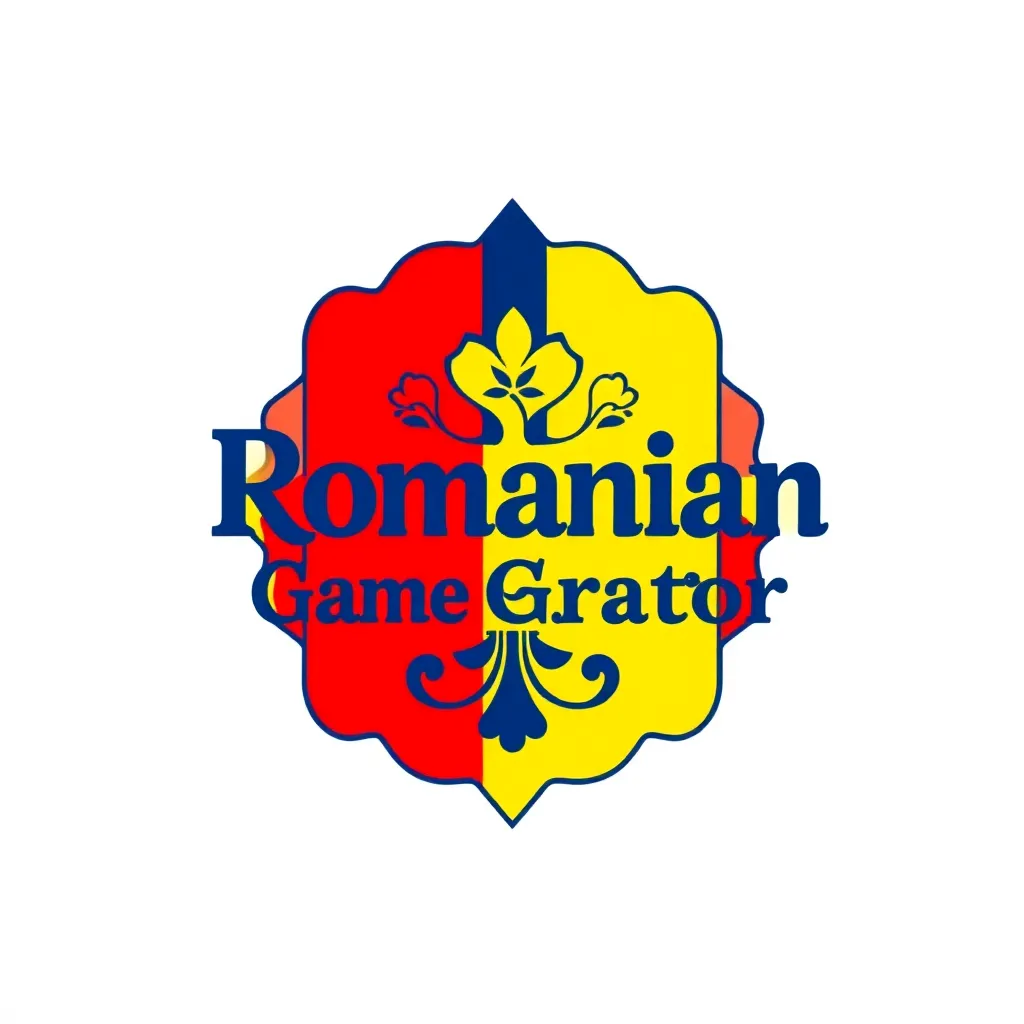
Romanian Name Generator
Generate and discover authentic Romanian names with ease.

Duo Name Generator
Generate Unique and Creative Names for Duos

Elf Last Name Generator
Craft the perfect surname for your elven character!

Metal Name Generator
Unleash the Fury: Generate Killer Metal Band Names
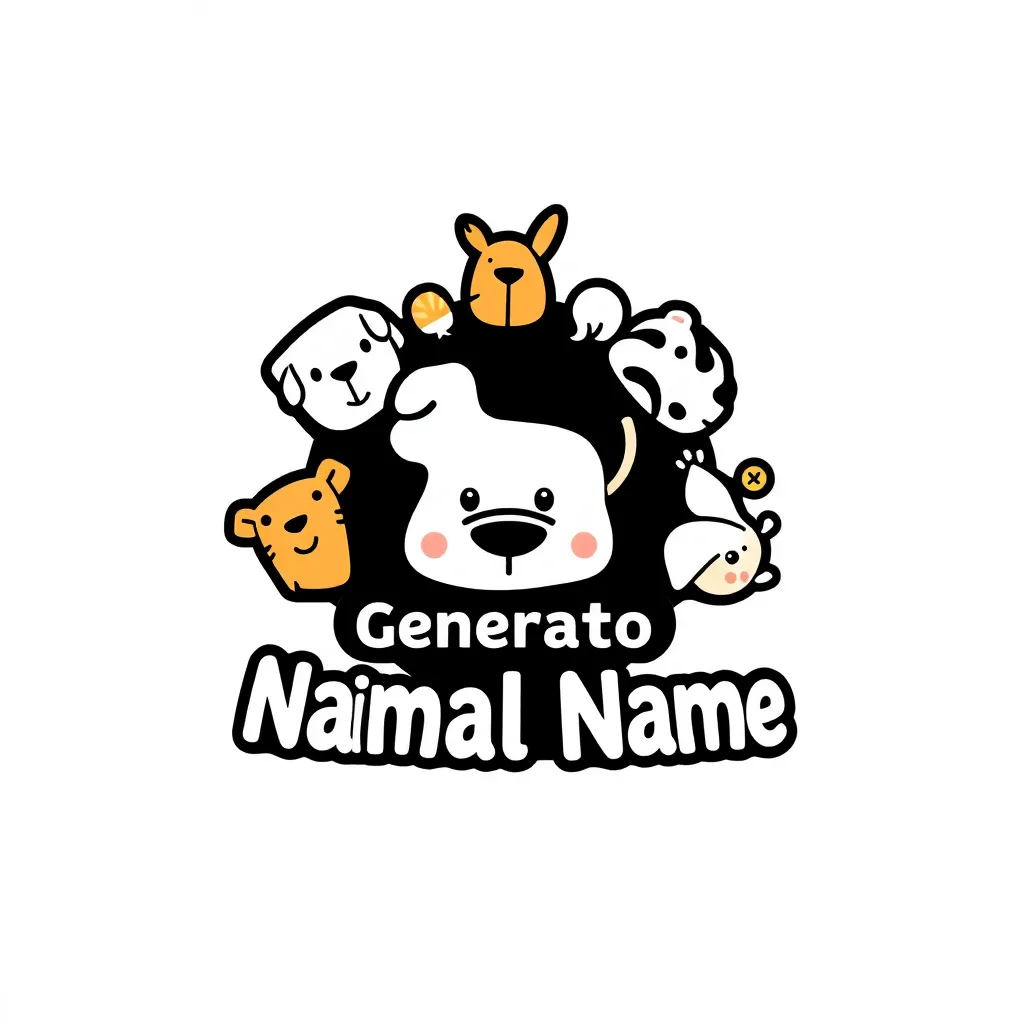
Animal Name Generator
Find the Perfect Name for Your Furry, Scaly, or Feathered Friend!
Showcase of Random Village Names
Explore some examples of village names generated by our tool:
Oakhaven
A peaceful village nestled among ancient oak trees.
Silverstream
A village located beside a shimmering, silver-colored stream.
Eastwatch
A fortified village on the eastern border.
Wyvern's Peak
A village built near a mountain peak rumored to be home to wyverns.
Meadowbrook
A tranquil village in a green meadow crossed by a stream.
Riverbend
A trading village nicely settled to the bends on river.
Frequently Asked Questions About the Random Village Name Generator
Find answers to common questions about using the generator: